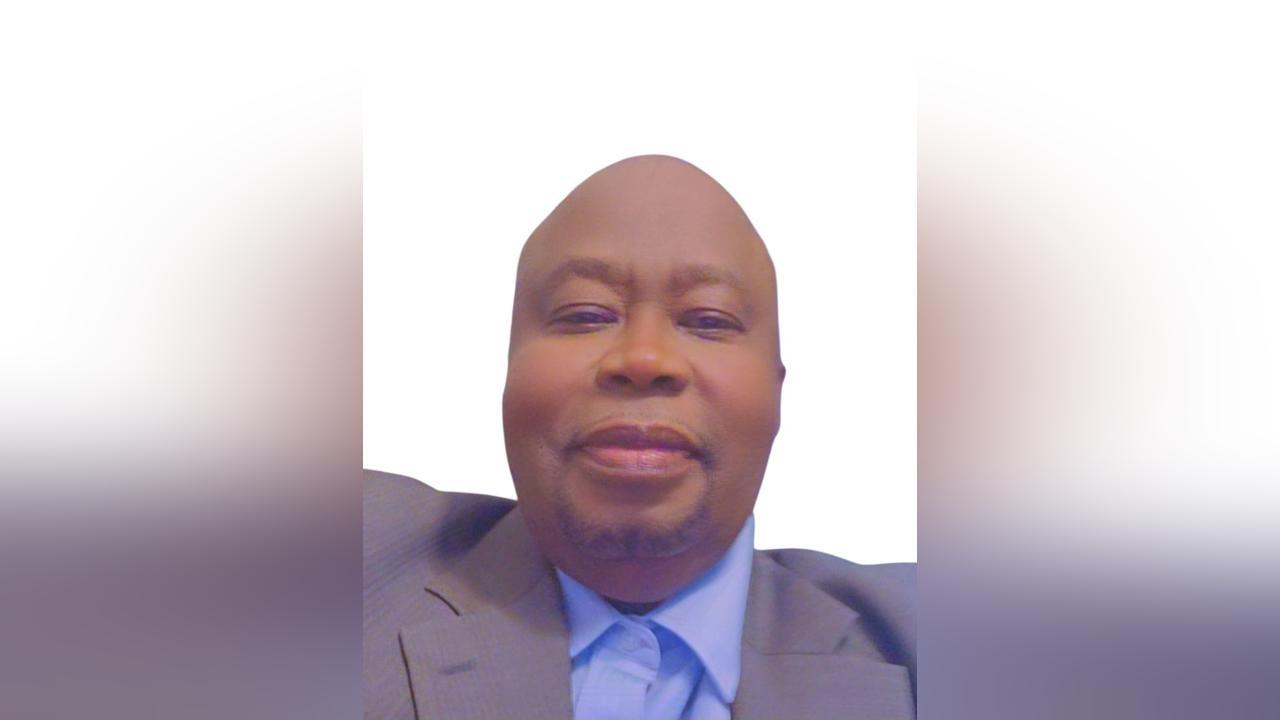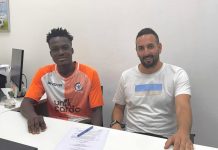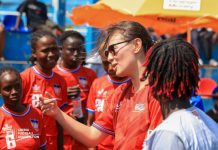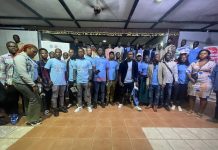Africa-Press – Liberia. He emphasized that when a child is taken off the streets, freed from drugs, and when narcotics importers are held accountable, the stigma of being called a “Zogo” will fade.
Austin S. Fallah, a US-based Liberian professional, delivered an inspiring orthoepy to just-graduated and returning-to-school students at the Hands-On and Barber Business Center in Brooklyn Park, Minnesota.
The event, hosted by Mr. Phillip Musu, owner of the popular weekend gathering spot for Liberians, drew community members eager to hear words of encouragement and a vision for a brighter future.
In his peroration, Fallah underscored the transformative power of love and education, declaring:
“No child is born worthless, no child is invincible; someone in authority with the power to make a difference has to look close enough.”
He emphasized that when a child is taken off the streets, freed from drugs, and when narcotics importers are held accountable, the stigma of being called a “Zogo” will fade.
He noted that Liberia must realize its future rests on vibrant young people who can compete locally and internationally, rekindling hope for a better country that every Liberian can be proud of.
“Every life holds potential,” Fallah said. “Even the most forgotten soul can rise with kindness, opportunity, and education against poverty, drugs, ugliness, and addiction.
True greatness is not where you come from, but what you do, believe, and uplift. Never judge a young person by their cover.”
Fallah’s message went beyond motivation; it was a call to action.
He urged Liberians to fight drug abuse not only with words but also with decisive measures.
“Safe Liberia from drugs and say ‘No to Drugs’ not by words, but by taking action,” he stressed.
He reminded the audience that no one can build Liberia except Liberians themselves. While the international community and Liberia’s partners in progress may offer suggestions, the responsibility for real change lies in Liberian hands.
“The time to end corruption with iron-fisted and authoritative governance is now,” Fallah declared.
“State resources must benefit the people, not a select few. The nation has long suffered at the hands of its sons and daughters; that suffering must end now.”
The audience responded with applause and approving nods, signaling strong agreement with his vision for a united, drug-free, and corruption-free Liberia.
This gathering was more than a disquisition; it was a rallying cry for young people to embrace education, responsibility, and integrity.
Fallah’s words served as a reminder to Liberians everywhere, at home and abroad, that the future of their nation depends on their collective commitment to action, accountability, and love for their country.
For More News And Analysis About Liberia Follow Africa-Press






